Franklin Reintroduces Bill to Protect Big Cypress National Preserve from Federal Government Overreach
Washington, DC,
February 11, 2025
WASHINGTON, DC—Congressman Scott Franklin reintroduced the Big Cypress National Preserve Protection Act to prevent the National Park Service (NPS) from ever managing or listing the Big Cypress National Preserve (the Preserve) as a wilderness area. While the Biden Administration announced the end of its harmful management practices at the Preserve, this bill would block any future administration from pursuing similar land grabs. “The Miccosukee Tribe and local Gladesmen who’ve properly managed the Preserve for generations understand how to protect the land better than any DC insider," Congressman Scott Franklin said. “This straightforward bill will curb overreach and ensure no future administration can repeat the Park Service’s harmful management practices at the Preserve. I thank my Florida colleagues for joining our effort to protect this important treasure.” The wilderness designation is the highest protection given to any land or water in the U.S., prohibiting inhabitants, permanent structures and any motorized vehicle use. These burdensome restrictions would block the Miccosukee Tribe’s access to their sacred burial sites, prevent hunters from curbing the python population and other invasive species and greatly reduce access to local Gladesmen who responsibly used the land for generations. In the 1960s, plans for a new airport in the heart of the Everglades and further development threatened the Big Cypress Swamp. Conservationists, environmentalists, tribes and Gladesmen joined forces to lobby Congress to protect their region. In 1974, the Big Cypress National Preserve, the country’s first such preserve, was authorized by Congress. When authorizing the Preserve, Congress directed the NPS to review lands within the Preserve which may be suitable for wilderness designation. The initial study conducted in 1979 concluded none of the 729,000-acre preserve was suitable to be placed in the National Wilderness Preservation System. Decades later, NPS restudied the Preserve. Those results were released to the public, suggesting three unique options to manage certain areas of the Preserve as wilderness. Pursuant to the results of their study, NPS was managing approximately 147,910 acres of land—25% of the Preserve—as wilderness, without the consent of Congress until November 2024. Last Congress, Congressman Franklin launched a multi-pronged effort to protect the Preserve and prevent federal overreach. In April 2024, Congressman Franklin, along with Reps. Donalds, Diaz-Balart and 15 other Florida colleagues, wrote Interior Secretary Haaland, urging the Biden Administration to halt the proposed federal wilderness designation for the national preserve. The next month, on May 6, 2024, Congressman Franklin and Senator Rick Scott (R-FL) introduced their bicameral legislation H.R. 8206 (S.4267) which would prevent the Biden Administration from finalizing any wilderness designation and release all lands from any wilderness management. H.R. 8206, Congressman Franklin’s bill, was the subject of a House Natural Resources committee hearing on June 27, 2024. The hearing included testimony from witnesses Chairman Talbert Cypress of the Miccosukee Tribe and Joy Beasley, Associate Director of NPS. Chairman Cypress spoke about how integral the Preserve is to the Miccosukee Tribe’s way of life. Congressman Franklin pressed Ms. Beasley on the NPS’ actions to designate or manage the Preserve as wilderness without congressional approval. On November 7, 2024, after months of pressure from Congressman Franklin, the Biden NPS announced they would not proceed with a wilderness designation, nor would they continue managing parts of the Preserve as wilderness. Original cosponsors for the 119th Congress include: Reps. Bilirakis (R-FL); Diaz-Balart (R-FL); Steube (R-FL); Webster (R-FL); Donalds (R-FL); Gimenez (R-FL); Luna (R-FL); Salazar (R-FL); Moskowitz (D-FL); Mast (R-FL); Cammack (R-FL); and Lee (R-FL). Senator Rick Scott (R-FL) has reintroduced Senate companion legislation, S.446 Read the bill text here. ### |

